
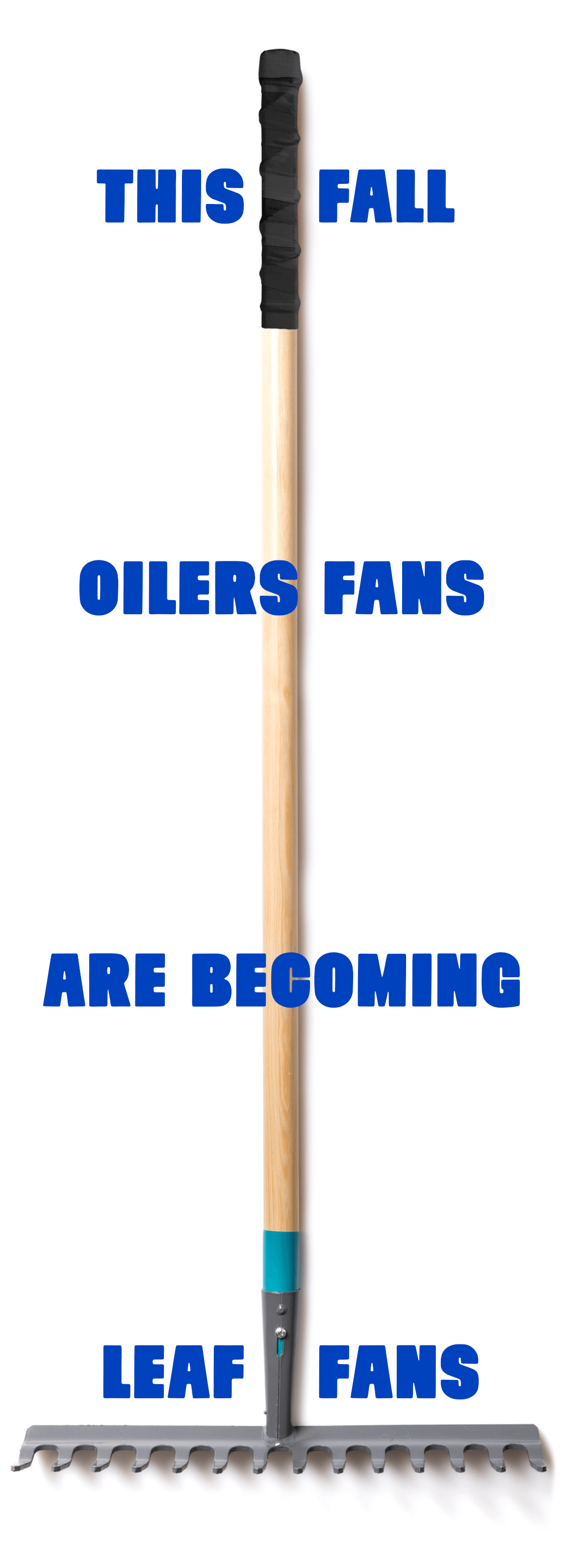



We know Oilers fans could never be true Leafs fans. But don’t hate on leaves—they’re our friends. This year, be loyal to the soil and take your fall yard cleaning routine from back-breaking to soil-nourishing in these 4 easy steps.
1
Leave the leaves
We know it won’t be easy to break your rake habit. Will people think you’re lazy? Not if they know what’s best for Mother Earth. Take a stand for your soil and retire the rake.
2
Mow into mulch
Use a mulching mower or mulch attachment to break down leaves. Don’t have one? No problem. Any mower will do. Simply mow over your leaves a couple of times.
3
Lawn or garden
Now that you have all of this wonderful mulch, you have a decision to make: do you keep it on your lawn or spread it in your garden beds? There’s no wrong choice.
4
Enjoy free fertilizer
Over winter, your leaves will compost into an all-natural, nutrient-rich fertilizer that will feed next year’s grass and microbes in the soil that are essential to plant growth.

There are many reasons it’s a good idea to leave the leaves in your yard this fall.

Support Wildlife + Biodiversity
Many small creatures that are an important part of our ecosystem, including critical pollinating species such as butterflies and moths, rely on the fallen leaf layer for shelter and food over winter.
Improve Soil Health
Leaves are full of essential nutrients such as phosphorus and nitrogen that act as natural fertilizers to support the health of our soil, which means healthier plants, foods and greener lawns.
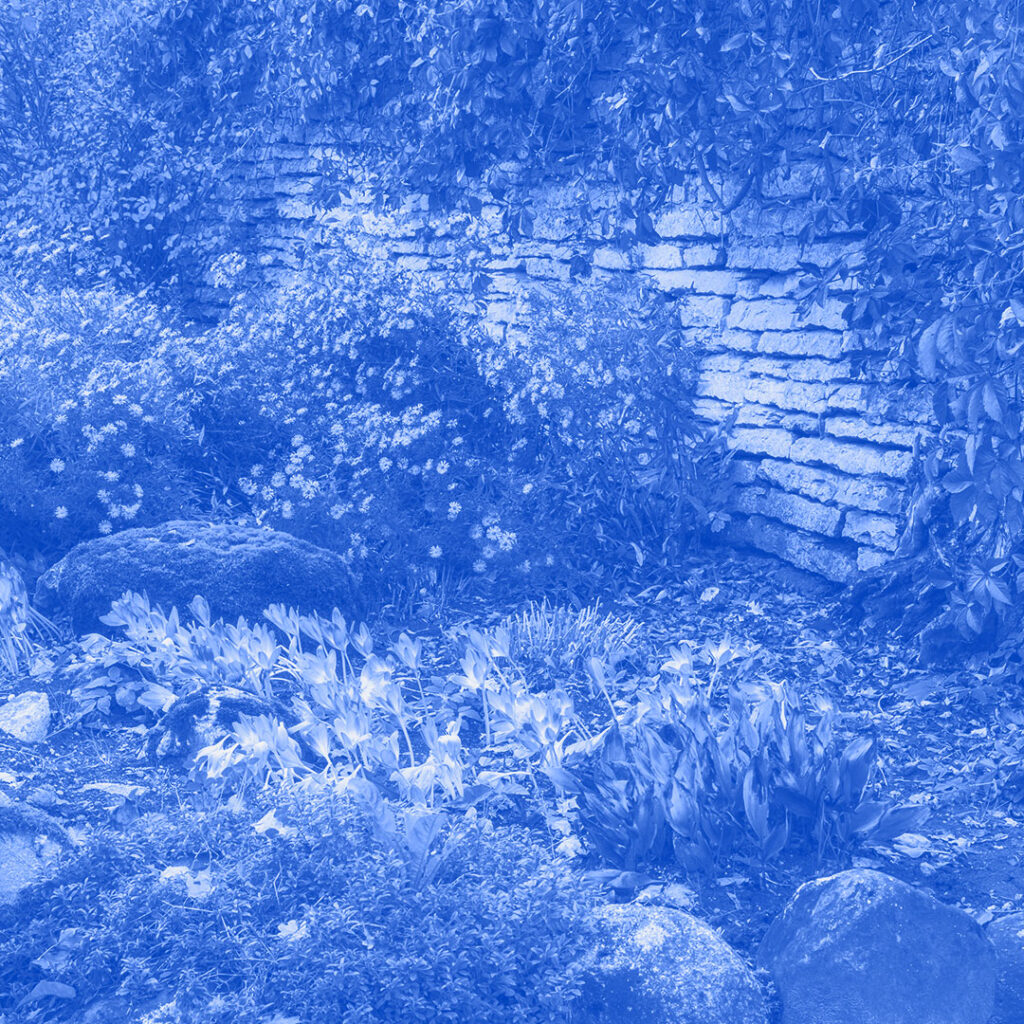
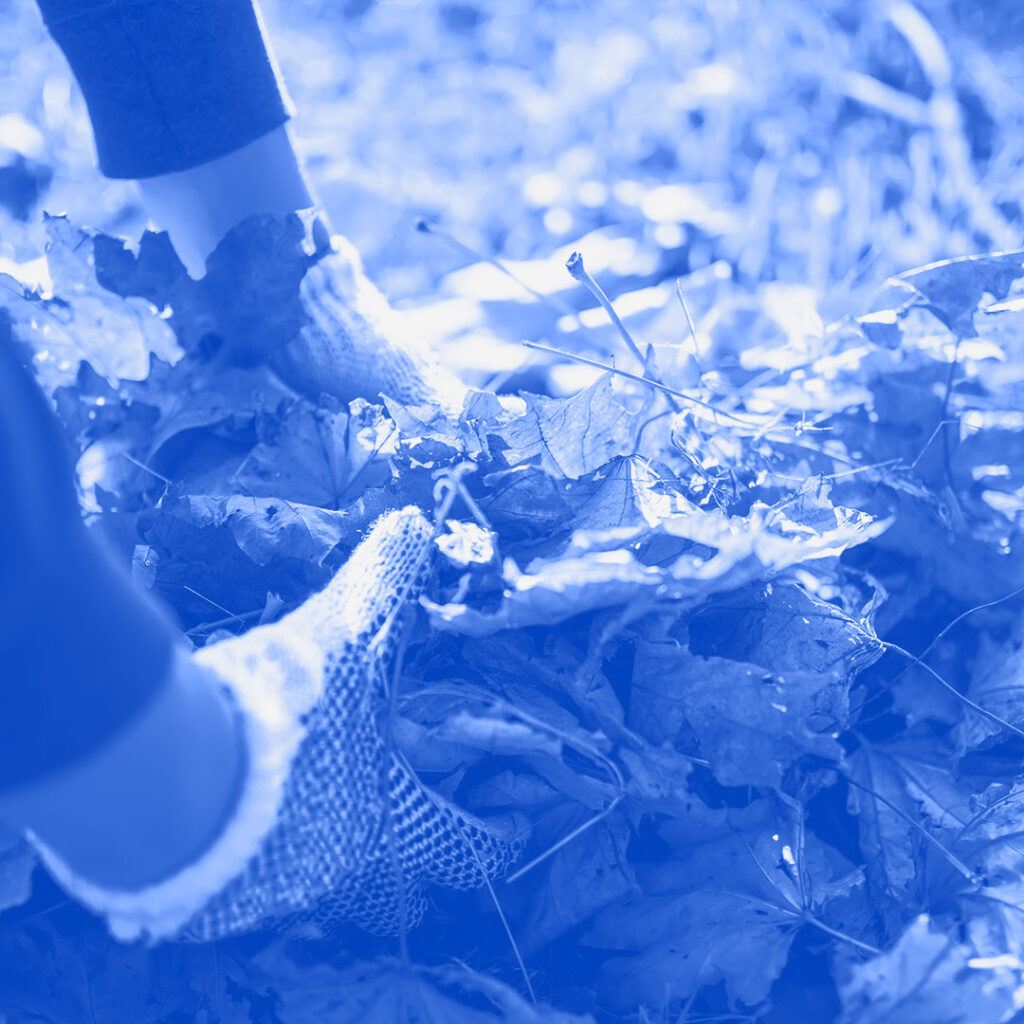
Save Time + Money
Raking and bagging leaves is a waste of your time and valuable resources. Instead of spending money on potentially harmful synthetic fertilizers to “green” your lawn, just leave the leaves to do it naturally.
Reduce Waste + Taxpayer Costs
A lot of plastic and paper bags are used in bagging leaves, which represents a significant source of waste that ends up in Edmonton’s landfill every year, not to mention the cost of waste collectors to take it all there.
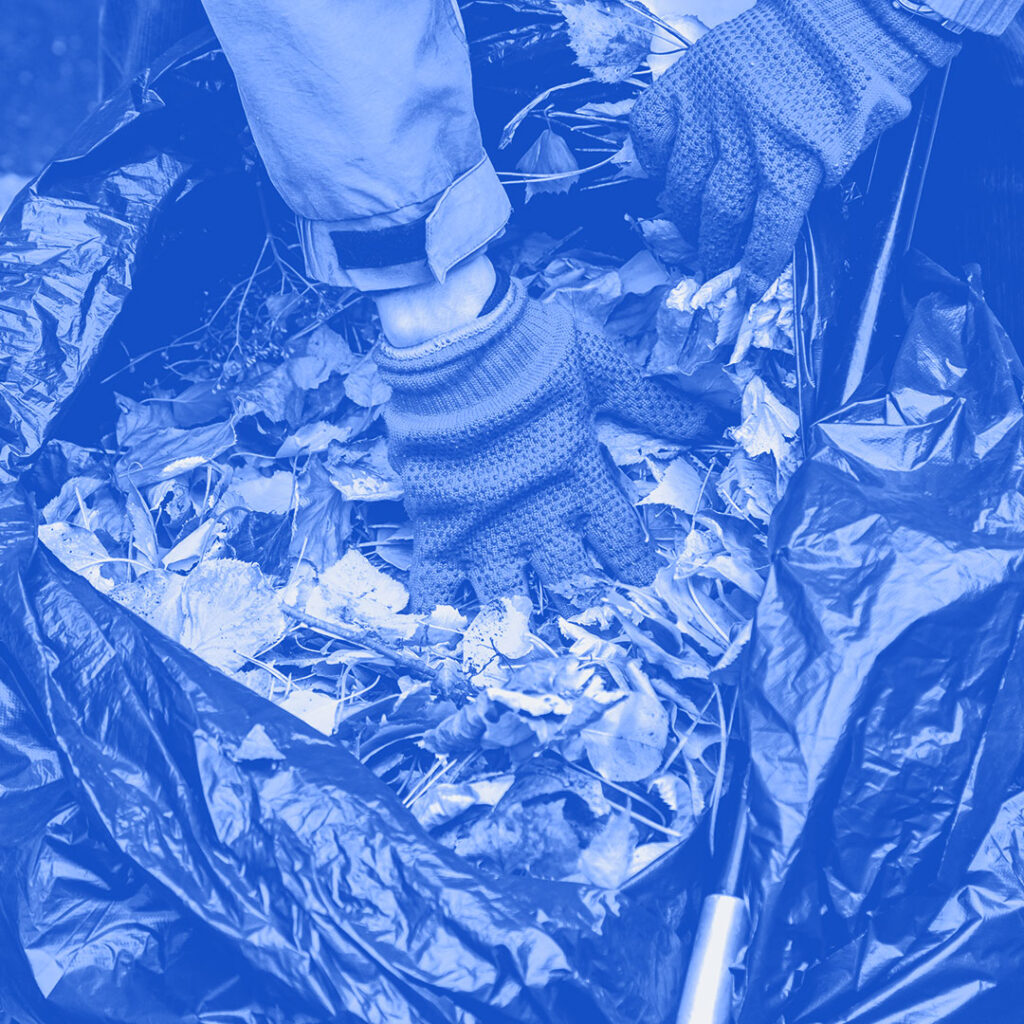
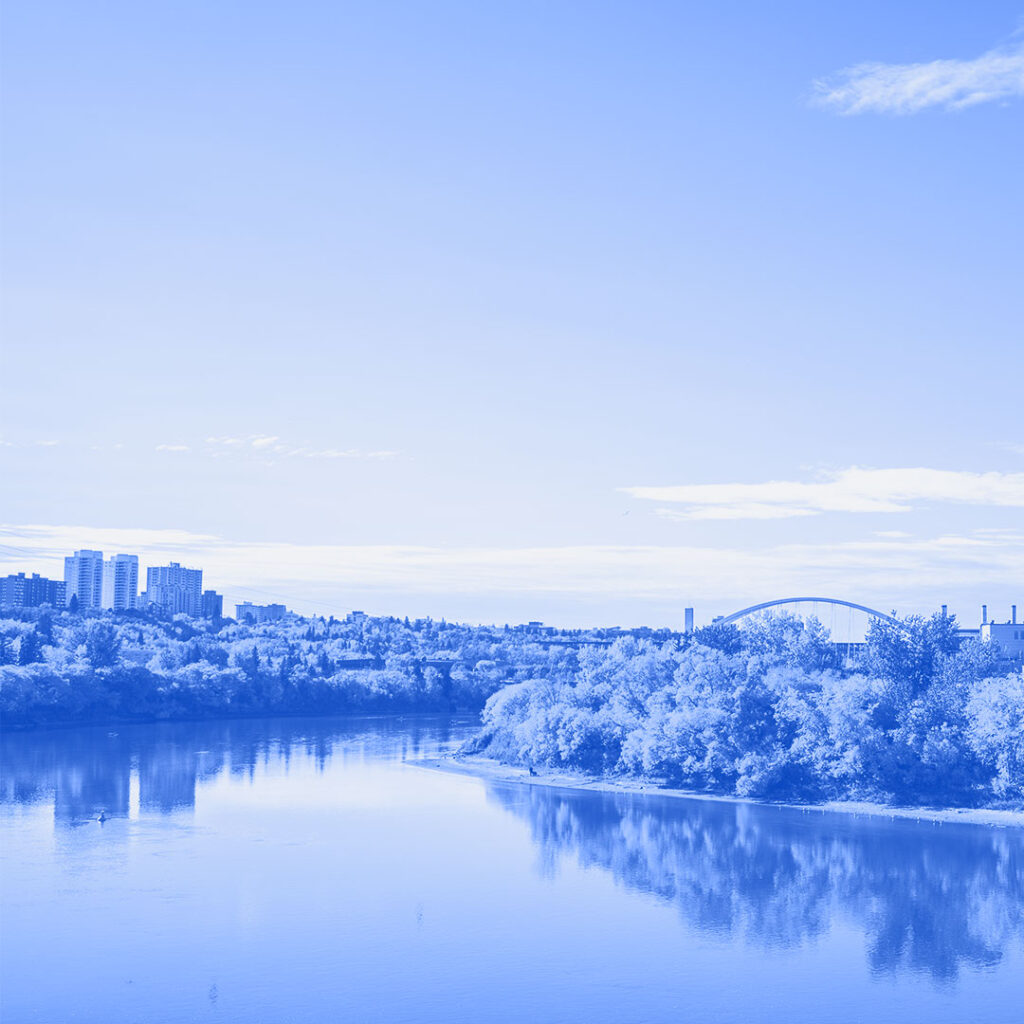
Help the Climate
Gas-powered equipment used to blow away leaves is a significant source of greenhouse gas emissions. A 2011 study found that a leaf blower emits double the amount of nitrous oxide and nearly 300 times more hydrocarbons than a Ford F-150 truck!
The more leaves and other yard “waste” collection trucks have to pick up, the more trips they need to take to the waste management centre, resulting in more greenhouse gas emissions.

Leaving the leaves in the fall is a great first step towards rethinking how we view and interact with our environment and our yards.
It’s also the first step in a bigger shift away from manicured lawns that are dead zones for many species–-providing little to no habitat or nutrients for wildlife and requiring many resources to maintain.
Stay tuned for our spring 2025 campaign, where we will be encouraging Edmontonians and the City of Edmonton to rethink their yards and shift toward creating healthier, beautiful spaces that all can enjoy.
To stay up to date with all of Waste Free Edmonton’s initiatives, please sign up for our newsletter by emailing us at info@wastefree.ca.

